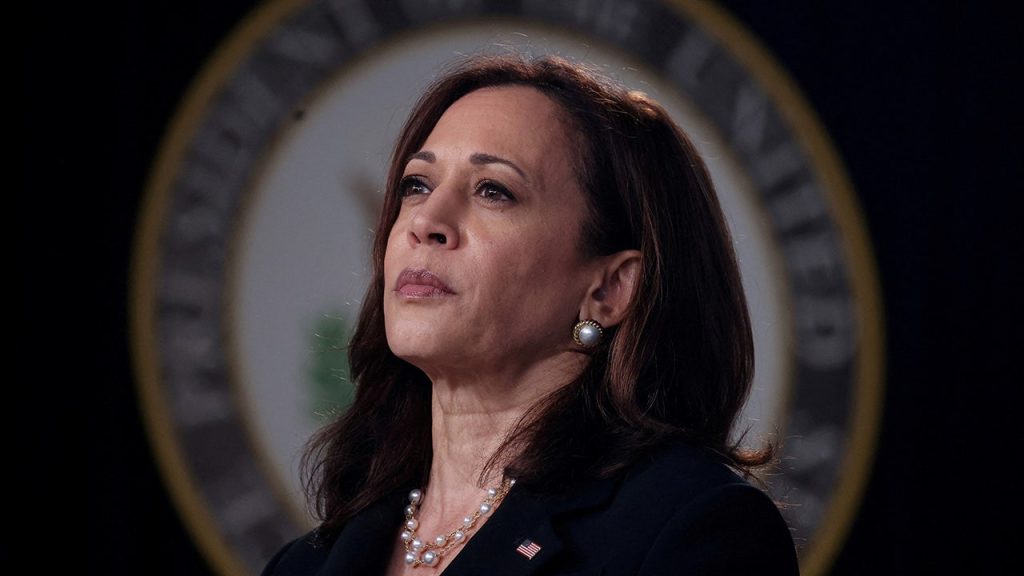Riley Gaines, a former NCAA champion swimmer, recently appeared on Fox News Channel’s “Jesse Waters Primetime” to discuss a controversial boxing match in the Paris Olympics. The match involved an Algerian boxer, Imane Khelif, who was deemed to have male chromosomes but was allowed to fight against women. Gaines criticized Vice President Kamala Harris and other prominent women for their silence on the issue, warning viewers that a vote for Harris is a vote against their daughters’ futures. Gaines expressed her support for former President Donald Trump, stating that she would be voting for him because she is a woman.
Imane Khelif’s boxing match at the 2023 International Boxing Association Women’s World Championships sparked controversy due to Khelif’s gender eligibility. Following a quick victory over Italy’s Angela Carini, Carini was left in tears. Khelif had previously been disqualified after it was revealed that she had male chromosomes, but the International Olympic Committee ultimately ruled in favor of allowing her to compete against women. Despite the controversy surrounding her participation, Khelif’s next opponent expressed no fear and declared that she did not care about the press.
Gaines, who hosts the “Gaines for Girls” podcast and is a contributor to OutKick, highlighted the lack of response from Harris, as well as from the hosts of “The View,” to the boxing controversy. She urged viewers to consider the implications of supporting politicians like Harris who do not speak out on issues affecting women’s sports and fairness in competition. By aligning herself with Trump and criticizing Harris’ silence, Gaines positioned herself as a champion for women’s rights and a defender of fair play in sports. Her warning resonated with viewers who shared her concerns about allowing transgender individuals to compete against biological women.
The controversy surrounding Imane Khelif’s participation in women’s boxing competitions raises questions about fairness and inclusivity in sports. While transgender athletes have faced increasing scrutiny and debate over their eligibility to compete in gender-specific categories, the issue remains divisive and complex. The decision to allow Khelif to compete against women despite having male chromosomes has reignited discussions about the importance of ensuring a level playing field for all athletes. The International Olympic Committee’s stance on this issue has provoked strong reactions from both supporters and critics.
Gaines’ advocacy for women’s rights and fairness in sports reflects broader concerns within the athletic community about the impact of transgender athlete inclusion on competitive integrity. As discussions around transgender participation continue to evolve, athletes, coaches, and fans grapple with how to balance inclusivity with maintaining the essence of fair competition. Gaines’ vocal criticism of Harris and her support for Trump underscore the political dimensions of these debates, as athletes increasingly align themselves with political figures who they believe will advocate for their interests. Ultimately, Gaines’ message resonates with those who share her concerns about the future of women’s sports and the need to protect female athletes from unfair competition.


